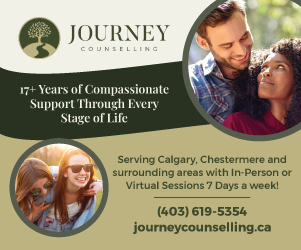When I was about 19 years old a group of my college buddies and I went hunting for new place to rent. After a bit of searching we came across our home. There is was, glowing and inviting, it was a small trailer in a little trailer park. It was perfect, at least for awhile. One evening I was walking home and I passed other trailers on our street, bigger trailers, double wide trailers, fancier trailers. I felt the rush of envy. As I stepped into my own trailer, I realized I was bitter. It was strange. I actually felt angry that other students had it better than I did. I knew if I didn’t do something about it, envy would follow me out of the trailer park and into the rest of my life.
When we see someone who is doing better, who is enjoying success, or who may be experiencing a season of prosperity, the healthy response is to celebrate with them. We may even learn to emulate their success in some way. Successful stories and amazing talents we see in other people is something to admire and even enjoy. My wife, who is an emergency room nurse, used to provide medical care at Mixed Martial Arts competitions. In the octagon athletes would fight until someone was pinned down or knocked out. Though bloodied and sore, she was surprised at how often these competitors would meet up in the dressing room after the fight and congratulate each other. They would thank one another, share tips, and while still reeling from a loss, they would cheer each other on. They saw success as something that raised the bar and pushed them to be better athletes. It takes a depth of character to see something better in others.
Envy, on the other hand, destroys success by refusing to see what is wonderful about others. Envy seeks to tear down the goodness we see. It secretly despises others and believes that happiness in me requires misery in someone else. It is not just an individual problem, but it can pervade neighbourhoods, communities, and cities.
Philosopher Karl Clifton-Soderstrom calls envy the disease of the middle class. Some communities are not destroyed by poverty or crime, but by envy. When envy comes in, we posture, we hide, we play games, we put down, we lie, we do not live with authenticity, but behind a façade. Envy causes us to think about ourselves first. This makes our friendships shallow, instead of enjoying neighbours, we compete with them, and instead of seeing the goodness that should be celebrated in others, we dismiss them and feel the shame of doing so. All the while, envious people deeply hope to find the peace that they lack.
When we create communities where we celebrate what is good and recognize the skills, gifts, unique personalities, and special resources already found in our neighbourhoods, envy has a much harder time taking root. Each time I express gratitude, or invite others to share their stories, or cheer on the good work that another person does, I create authentic community relationships. Envy always ends in loss, producing pride or shame. But courageous gratitude that celebrates the goodness in others nurtures the kind of community we all hope to enjoy.






